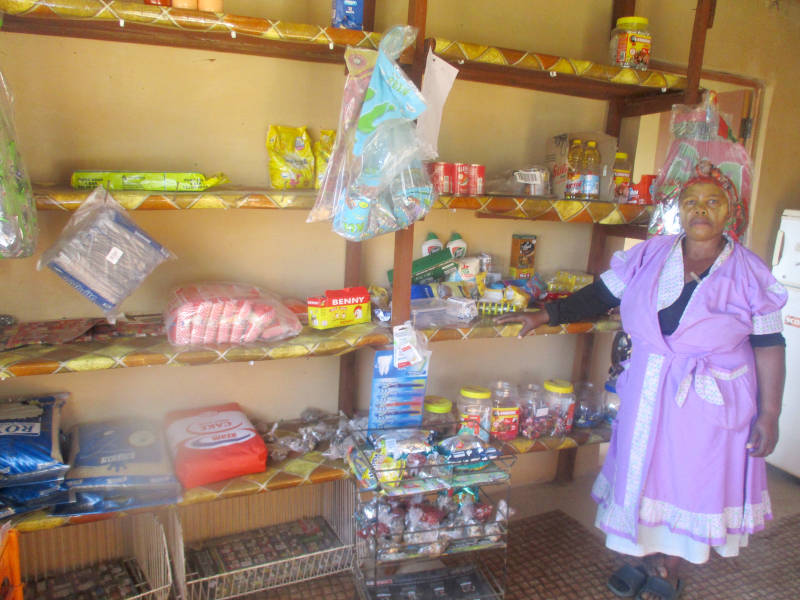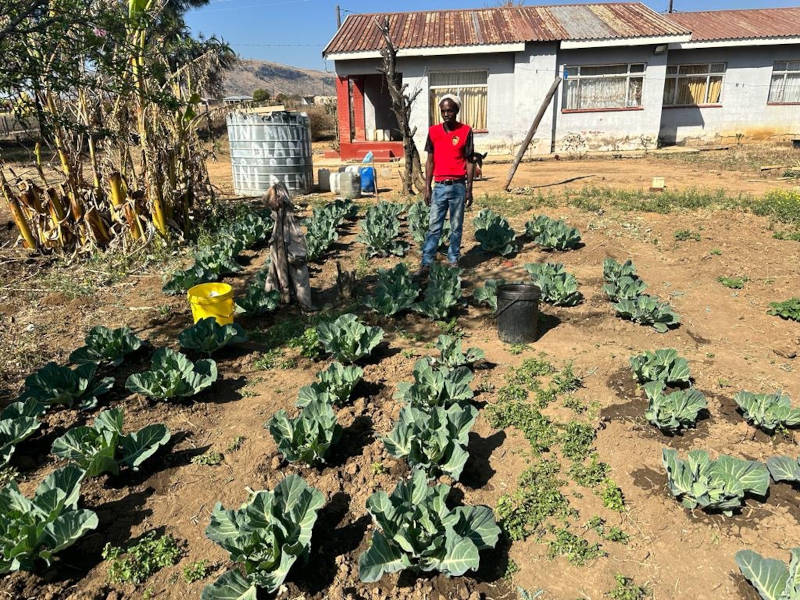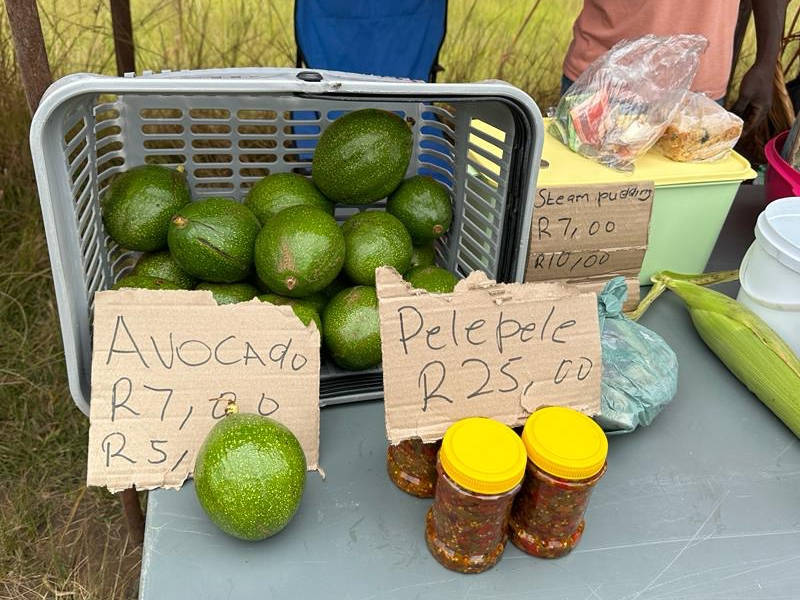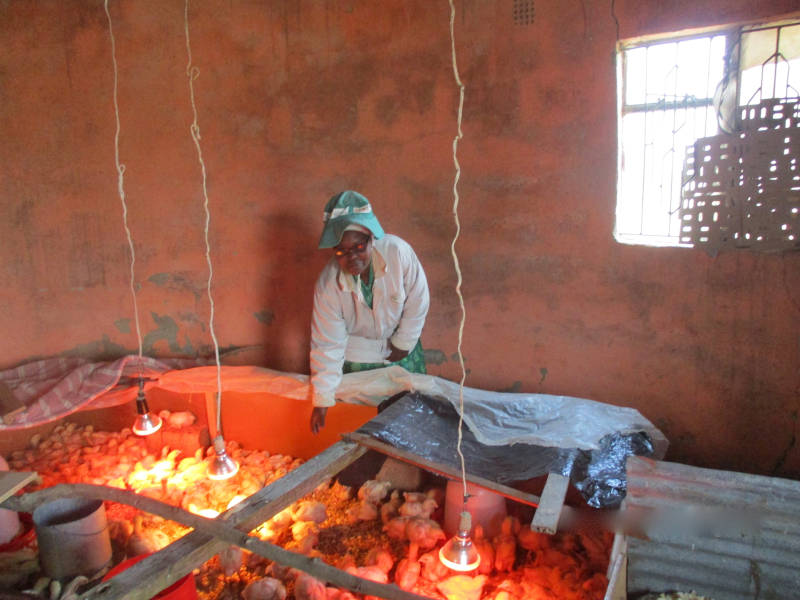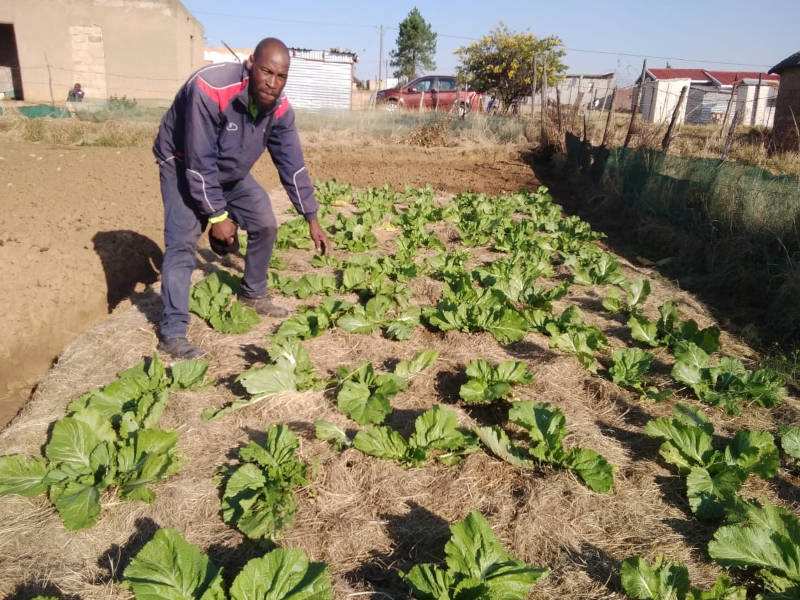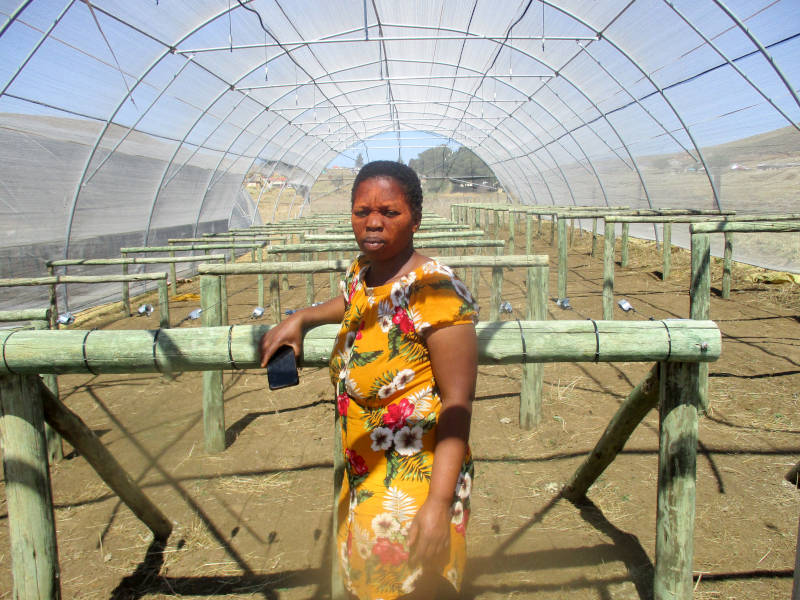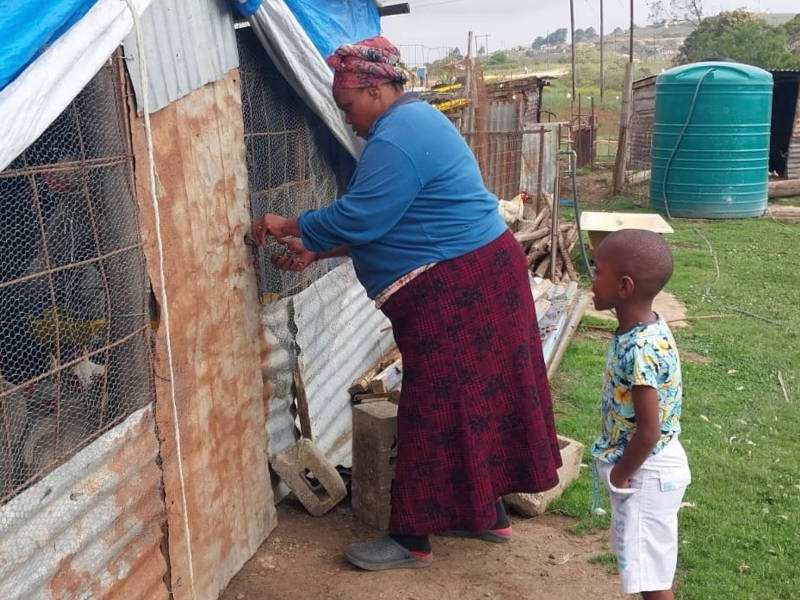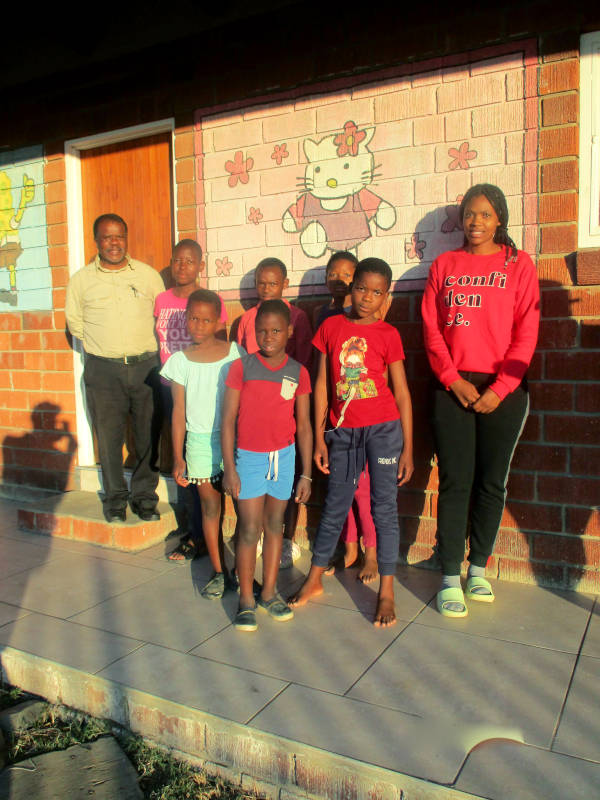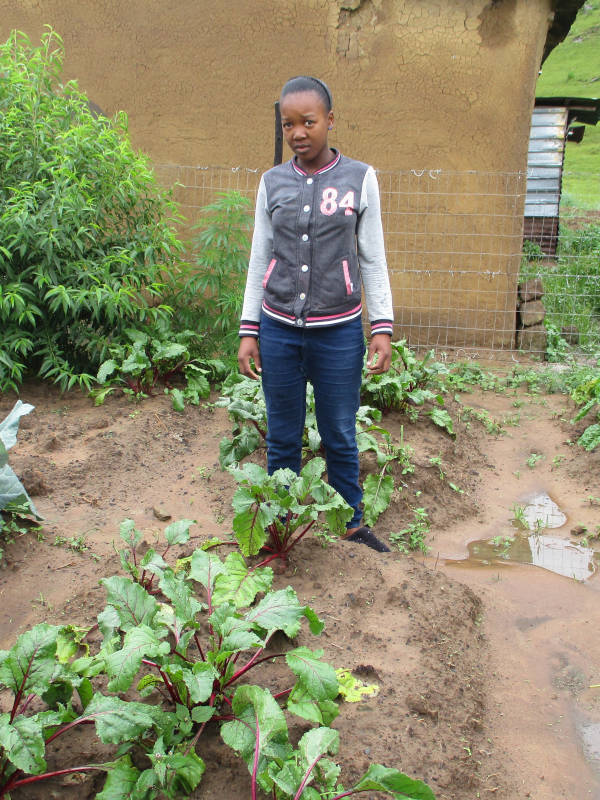OUR IMPACT
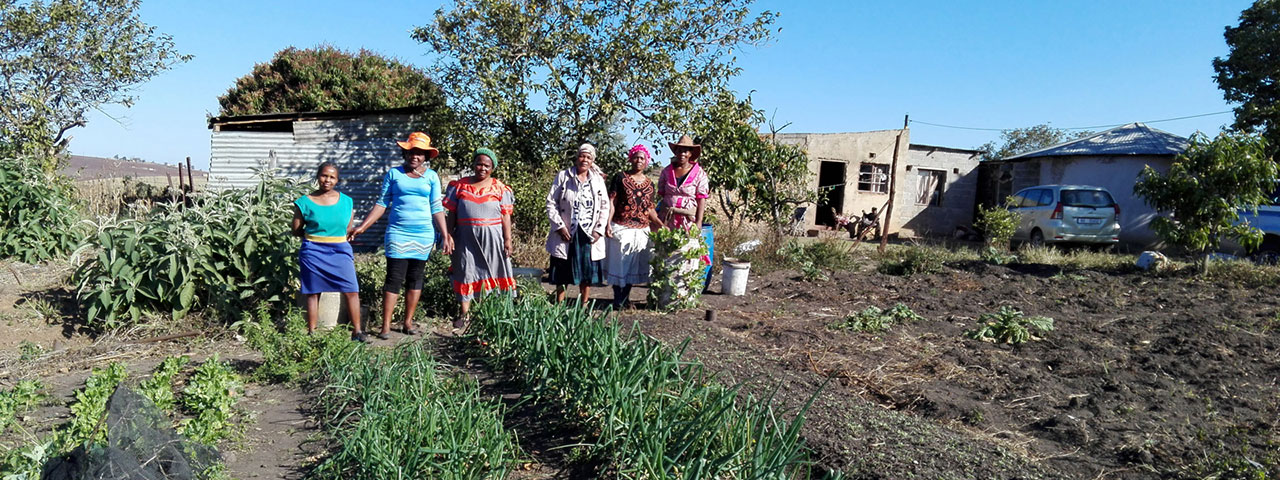
A variety of ACAT services from training and extension to programme design and implementation, have been offered since 1979, and have improved the lives of thousands of rural families throughout Kwazulu-Natal. At the beginning of ACAT, people were mobilized into savings clubs to plan for their limited resources to be used more effectively.
ACAT has evolved and has tried various vehicles for development of which our current one is an Integrated Livelihoods approach, with space for specialization in sustainable agriculture, enterprise development, and equipping communities to govern and manage their own development.
ACTIVITIES
ACAT works in 130 communities in KwaZulu-Natal. The benefits of joining ACAT include
- increased food production yields from environmentally friendly practices
- improved nutrition and health of both young and old,
- additional income from their enterprises,
- changed hearts and mind-sets from poverty to hope,
- new found dignity and confidence,
- newly acquired skills and knowledge to manage their own development
- 500 New subsistence farmers joined the programme this year
- many other direct and indirect benefits.
Each year 1000 direct beneficiaries (7000 including family members) receive tangible benefits from ACAT’s training and mentoring programme. In addition, many more people benefit from the multiplication effect of ACAT’s approach, where programme participants influence non-participants in the wider community, including their extended family, friends, neighbours, churches, schools and clinics.
Each year a variety of activities are planned and implemented, involving existing and new families. These activities stem from the overall programme objective, which is to provide appropriate knowledge, skills, capacity, self-esteem, and confidence for participants to improve their livelihoods and for them to influence and assist others to do the same.
Activities include
- training workshops – at the centre (week long), and day workshops in each area where ACAT operates
- extension visits – including cross visits to facilitate learning
- Asilimeni (‘let us farm’) days to promote food security and other topics to the wider community
- Savings and loans groups.
- Specific training to equip Community Volunteers to help their communities.
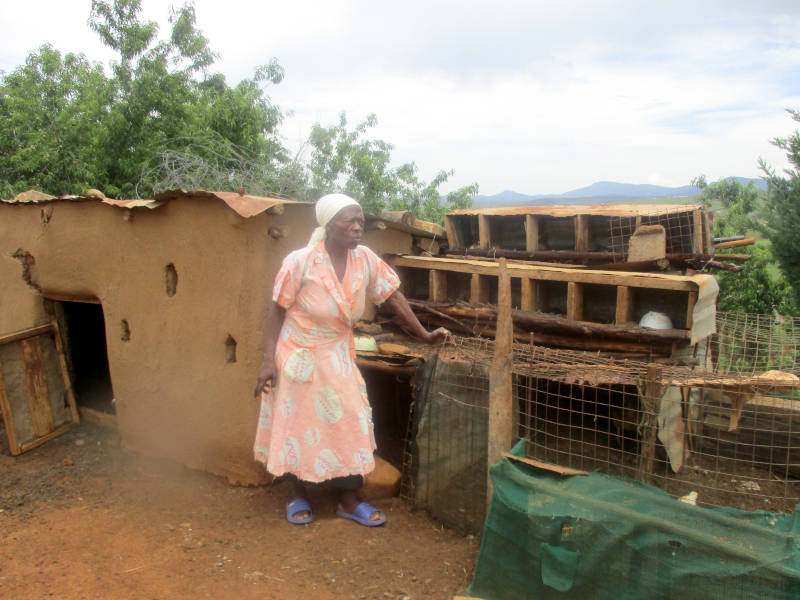
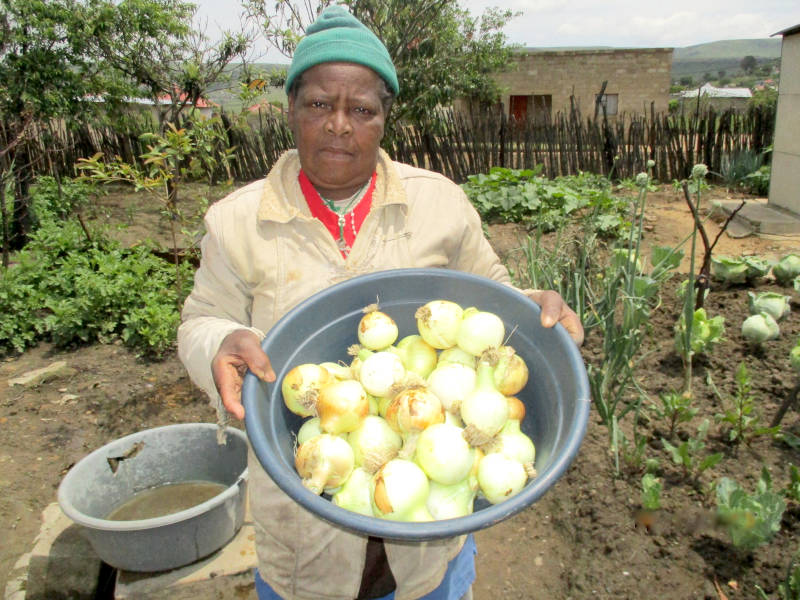
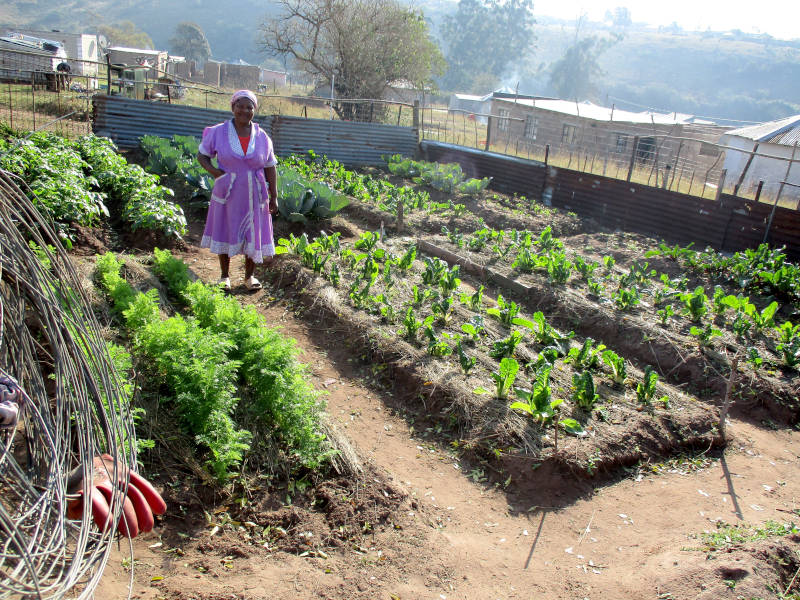
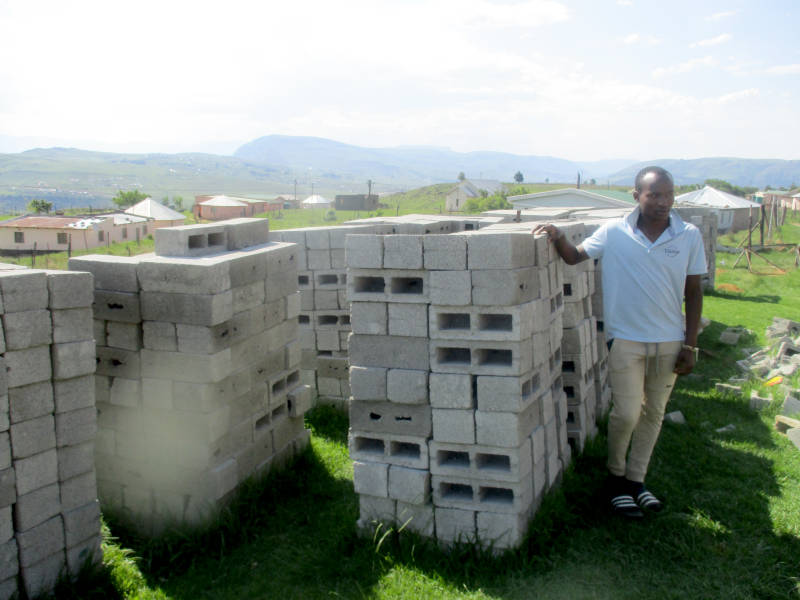
IMPACT
- Although all these activities are important to ACAT, of greater value to us is the extent to which the participants have been transformed from within, which is reflected in new attitudes, motivation and behavior. This for us is true sustainable development, and we have again this past year seen evidence of such change, which we believe often begins with a commitment to Christ. This is linked to and has resulted in verifiable improved food security, increased income levels, improved homes and homesteads, better health of adults and children, and the influencing of neighbours who are not officially part of the programme.
- Other forms of impact, which are linked to the above activities, include improved food security and resilience in undesirable crises like drought, increased income levels, improved homes and homesteads, better health of adults and children, and the influencing of neighbours who are not officially part of the programme. All these forms of positive impact are verifiable through ACAT’s monitoring and reporting system.
- The food security of programme participants has improved by 87%. (This information is the result of an annual specialized survey on household food insecurity amongst ACAT group members in three areas).
- Due to water shortages and drought, ACAT has a special fund raising programme to raise funds for water tanks and fencing for food gardens.
- Over the years, numerous requests from as far as Haiti have been received from individuals, NGO’s and churches to assist them implement an ACAT type programme or elements of it. The Partnership Programme has evolved to give partners support, ranging from advice through to ongoing training and mentoring for programme implementation. In 2018, 240 people attended ACAT’s partnership courses – Leadership, Pastors, Basic Life Skills, Implementation and Sunday School.
ENSURING ONGOING RELEVANCE
As a change agent, ACAT is committed to evaluating its own programmes and to finding new solutions to challenges thereby remaining dynamic, relevant and practical. These are some of the lessons we have learned:
- ACAT has found the holistic approach to be critical in the enabling of the rural poor to improve their livelihoods in a sustainable way. The system of involving the poor in groups of 5 members each, is the appropriate structure and size to facilitate the bonding and mutual support needed to address poverty, whilst also discouraging the existence of “passengers” or unproductive members. This concept also suits the rural poor, who like to work (and garden) as a group, thereby assisting each other. Furthermore, the training of group members in this context is more practical, more cost effective and achieves a higher quality of knowledge transfer. Mobilising and increasing the skills and capacity of volunteers in food security and entrepreneurship, ensures that the skill remains within the community and can be accessed by the community on a sustained basis.
- To achieve ultimate sustainability, the rural poor should be encouraged and motivated to transfer to others the knowledge and skills they have learned from ACAT. In this way, we have witnessed the expansion of impact throughout the communities we work in. We have found it most helpful to have a trained, locally elected, and autonomous community umbrella body (Zone Implementing Committees), which will eventually drive the implementation of all development activities in that community. These Committees also lobby and network on behalf of their communities in order to access services, inputs and any other available benefits.
- Food security is not only about planting the correct foods, but also about ensuring that the programme participants receive appropriate training in nutrition, the application of a balanced diet and training in healthy cooking practices.
- Training activities in themselves should be a means to an end, rather than an end in itself. Training activities must be connected in a planned and organized manner to a mentoring process through extension work and follow-up. Once-off training (or extended training to cover the total outcomes in one period of time) does not suit the learning context of the rural poor. Instead, what works better is to break up the training into planned, sequential and progressive modules, thereby providing the learners with the opportunity to immediately put into practice what they have just learned. The in-between time also enables learners to be exposed to challenges or problems, which they can then raise at the next training session. This learning and practice approach, achieves a higher level of comprehension, confidence and self-reliance.

